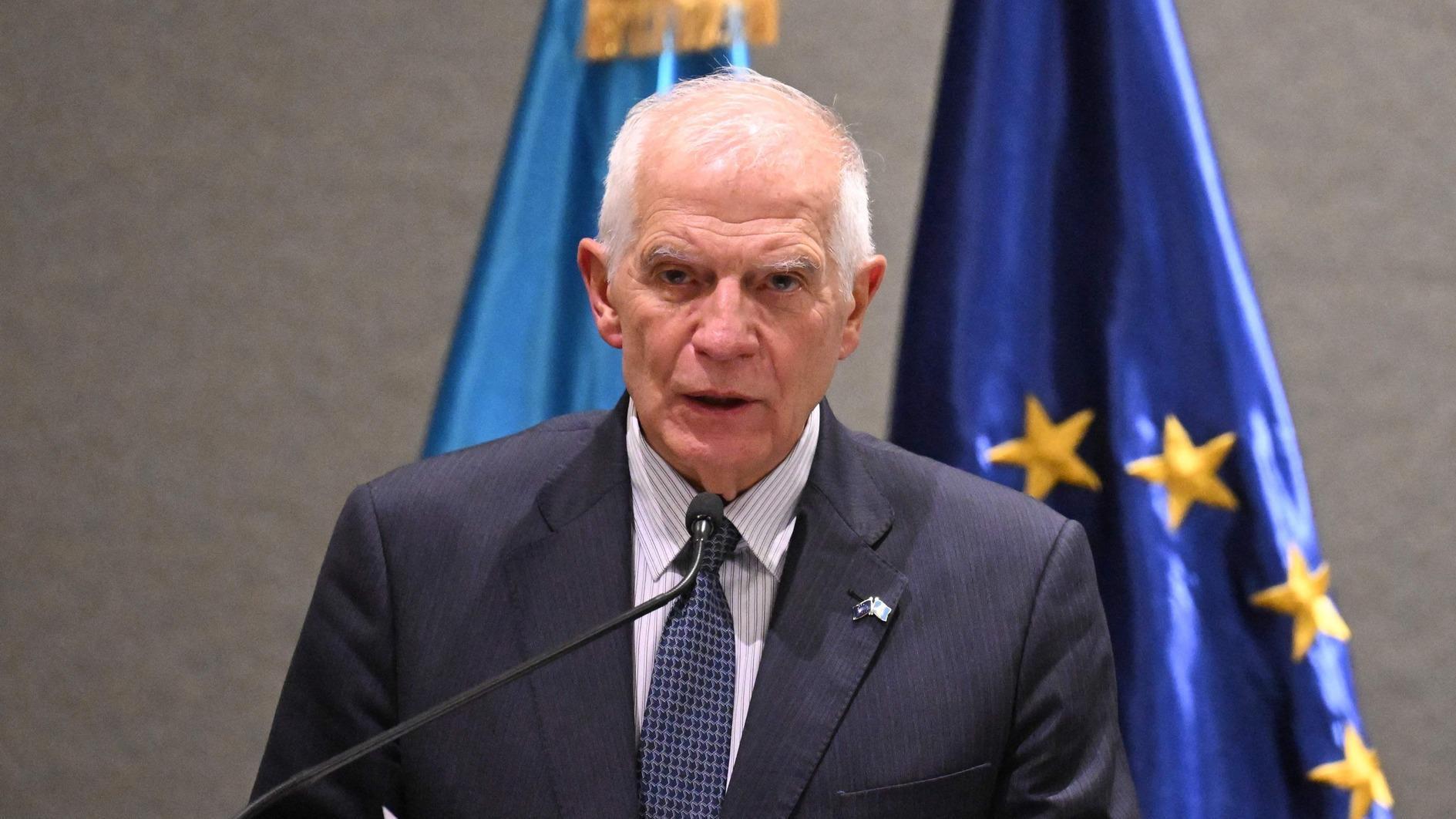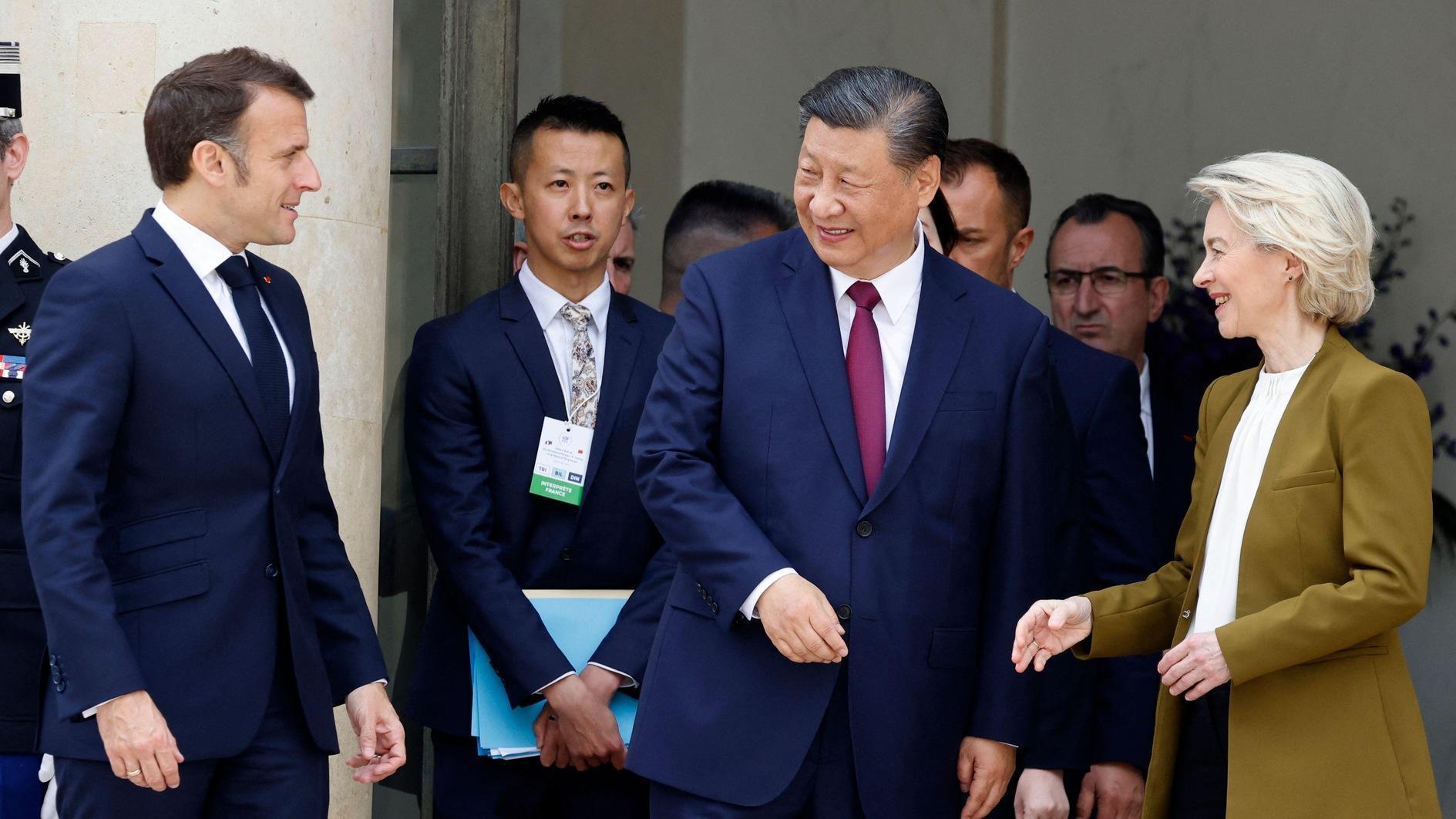ECB should begin planning exit strategy, board member
FRANKFURT - Agence France-Presse

The European Central Bank’s Joerg Asmussen says real estate prices on the continent should be watched carefully.
The European Central Bank must start preparing its exit strategy from the unprecedented measures it has taken to prop up banks during the debt crisis, a top official said yesterday.“The time for an exit depends on what happens on the financial markets,” ECB executive board member Joerg Asmussen said in a pre-release of an interview to be published in the weekly Zeit today.
“It’s clear that it’s still too early, but we must begin preparing our exit very carefully,” Asmussen said.
Since the start of the eurozone’s sovereign debt crisis, the central bank has embarked on a series of what it calls “non-standard” measures to limit the damage to the region’s financial system.
Most recently, these include the provision of more than 1.0 trillion euros ($1.3 trillion) in three-year loans to banks at rock-bottom interest rates in two unprecedented moves in December and February. “The conclusion shouldn’t be drawn that, now that we’ve handed out three-year loans to banks twice, we’ll automatically do it a third or fourth time,” Asmussen said.
But asked whether the crisis was over, the ECB board member said: “No. The markets have calmed down since the beginning of the year, but we don’t know whether this calm is deceptive. “Member states should therefore take advantage of it to press decisively ahead with the necessary reforms,” Asmussen insisted.
ECB president Mario Draghi has repeatedly said that the bank’s special measures are only temporary and that it is up to governments to solve the crisis by getting their finances in order. Some critics warn of the dangers of the vast amounts of liquidity that the ECB has pumped into the financial system, arguing it could lead to increased inflation or a real estate bubble. But Asmussen said the ECB was “monitoring market developments very closely. At the moment, there are no signs anywhere in Europe of speculative distortions. But real estate prices are rising perceptibly in some regions in Germany. They will have to be watched very closely.”
There were the first signs that the money was beginning to feed into the real economy, as originally intended by the ECB, Asmussen insisted.
















